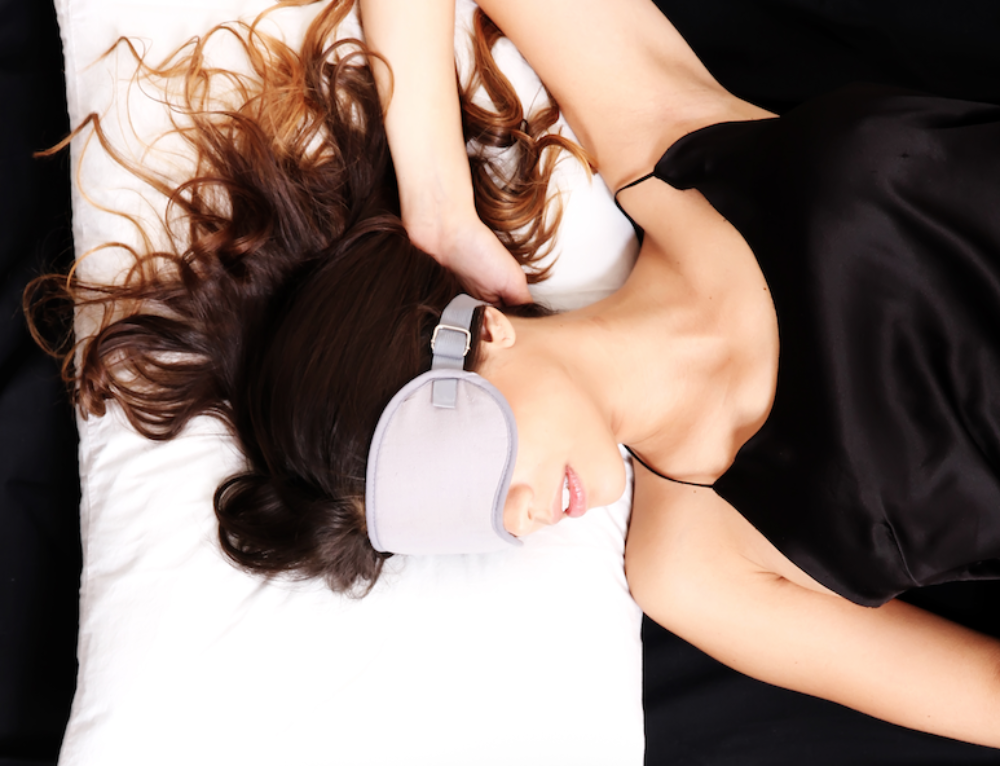


As far as the Alzheimer’s correlation with a lower healthy age gene score, I’d like to see them more research to see if anything else can be found to link Alzheimer’s to something. In fact, I would like to know mine, since I always get told I look younger than my 16-year-old sister, when I’m 19! I think that these researchers may be onto something because if insurance companies or hospitals could start going off of biological age and not chronological age, people will be given better insurance policies that they deserve for staying healthy, despite older chronological age, and hospitals will be able to determine better whether a body can handle the stress of a certain procedure or if one would even be needed for someone at their biological age. What is chronological aging: the age of a person as measured from birth to a given date His chronological age. Your biological age is how old your body seems, based on a number of factors, including how your chromosomes have changed over time. The concept of finding people’s biological age is very interesting. Your chronological age is the number of years youve been alive. Hopefully, further research into those 150 genes and the healthy age gene score will be able to give clues about what causes Alzheimer’s. It’s unclear if the results could be used to determine whether someone will have Alzheimer’s in the future, but maybe a genetic difference could be found in a 70-year-old with Alzheimer’s and a 70-year-old without the disease. People with Alzheimer’s averaged lower scores, and provides support that dementia in humans could be called a sort of accelerated aging. Higher scores were associated with better health, including cognitive health. In a study, researchers used genetic material from a group of 65-year-olds to look for genes that the individuals were staying healthy as they aged, then calculating a “healthy age gene score”. While many can agree, for example, that not all sixty-year-olds are the same, chronological age is still used to determine what type of insurance premium someone can receive to what medical procedure someone may need. Biological age was more closely tied to a person’s risk of age-related diseases such as dementia or osteoporosis. Using a person’s biological age may also be a better way to determine their health. This new way of determining age is broken into two categories. Did you know that your biological age may not necessarily be the same as your chronological age? A new study has shown that by using a “signature” of 150 genes, researchers can determine someone’s biological age, which may be different than their chronological. Scientists are now classifying a person’s true age based on how well they are in mind and body.


 0 kommentar(er)
0 kommentar(er)
